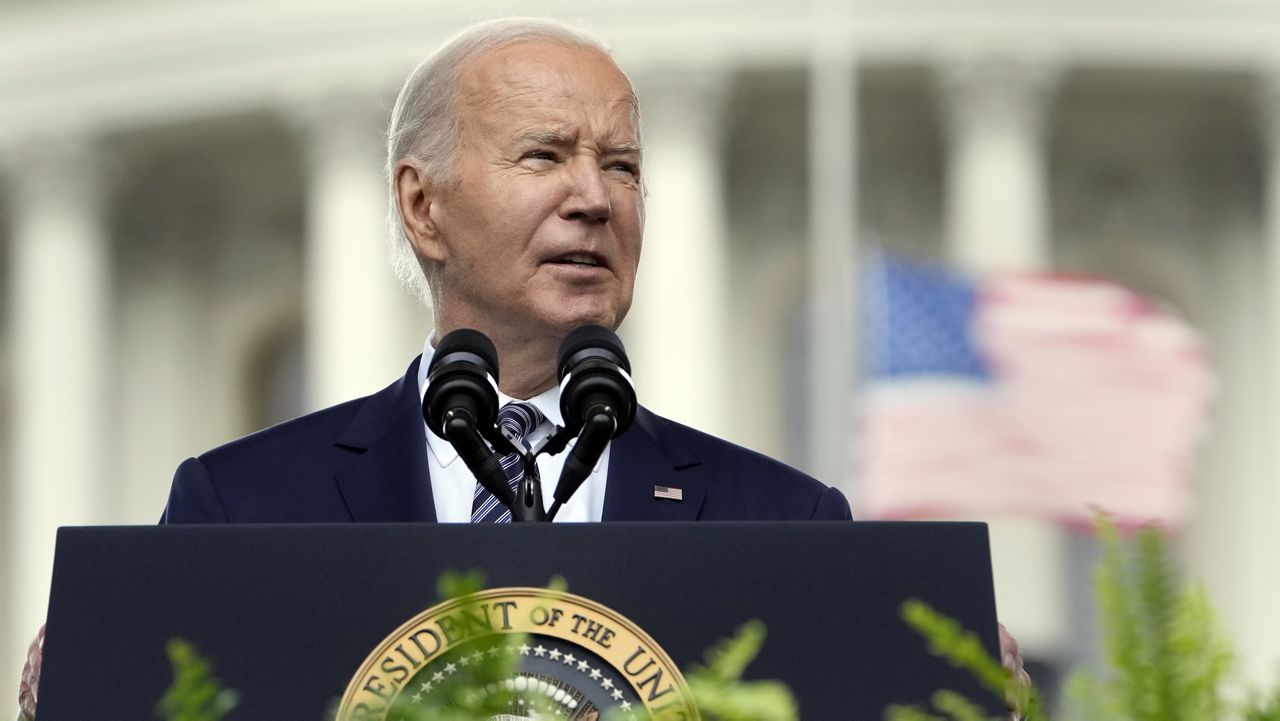COLUMBUS, Ohio (AP) — The rare special session that Republican Gov. Mike DeWine has called to pass legislation ensuring President Joe Biden appears on Ohio’s fall ballot could take several days.
Due to differing interpretations of the proclamation DeWine issued Thursday, the Ohio Senate scheduled a single day of activity for Tuesday, but a spokesman said the Ohio House plans to begin with two days of committee hearings before taking its vote Thursday.
A Senate spokesman said it's possible the upper chamber can convene Tuesday and then recess to wait for the House.
Negotiations between the chambers on a solution to Biden's ballot conundrum began Friday. State Rep. Bill Seitz told reporters during a conference call that he and state Sen. Rob McColley, both Republicans, are leading the talks.
The legislation needs only to move Ohio’s Aug. 7 ballot deadline so that it falls after the Democratic National Convention where Biden will be formally nominated, which is scheduled for Aug. 19-22 in Chicago. Ohio has moved the deadline in the past for candidates of both parties.
But the Senate sent its version of the ballot fix to the House after attaching a prohibition on foreign nationals donating to Ohio ballot campaigns, stopping it in its tracks.
DeWine urged legislators to pass the combination measure during the special session — but Democrats have balked, saying the proposal goes beyond the foreign nationals ban to add requirements intended to make it more difficult to mount future ballot campaigns in the state.
That's after Ohio voters overwhelmingly approved three ballot measures last year, including a constitutional amendment protecting access to abortions opposed by Republicans and an initiated statute legalizing adult-use marijuana.
A “clean” House bill containing only the adjustment to Ohio's ballot deadline may also be considered.



